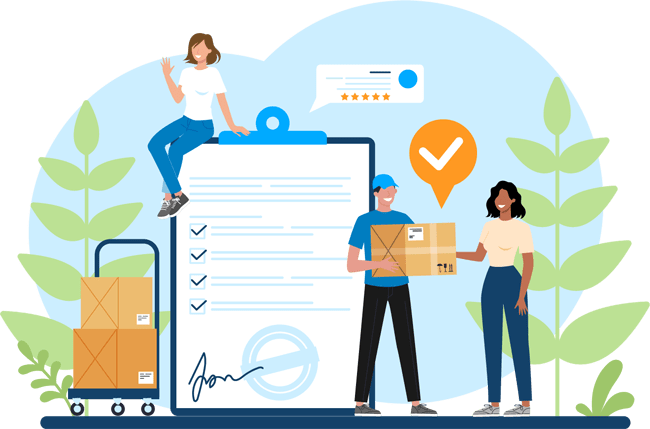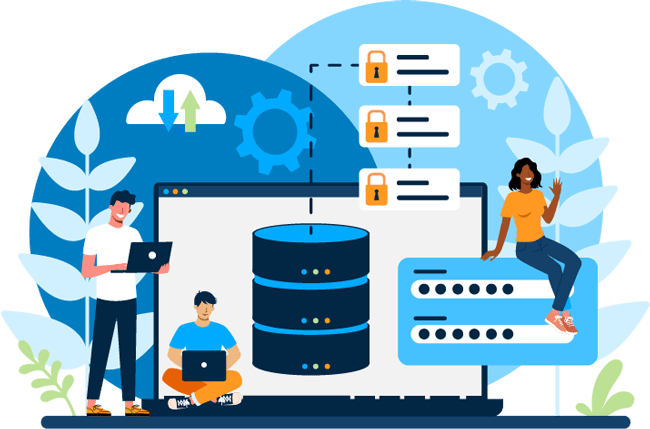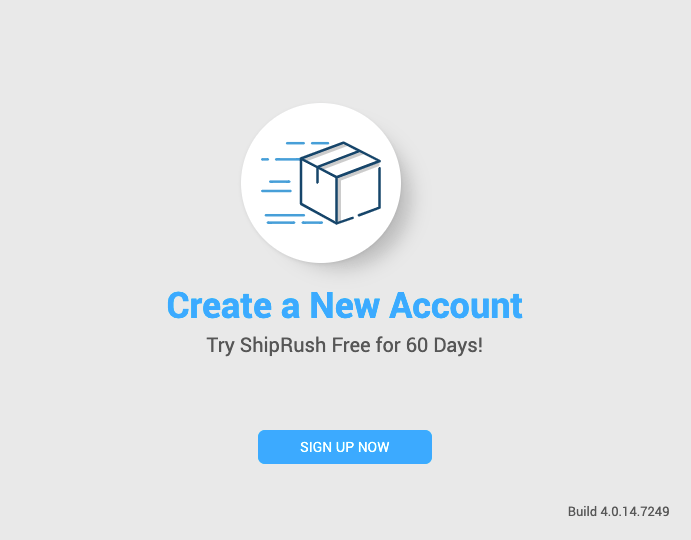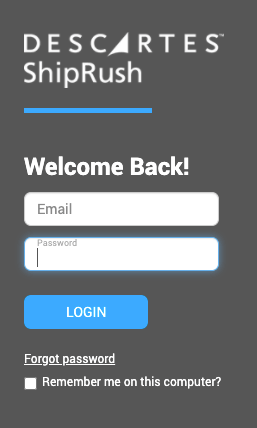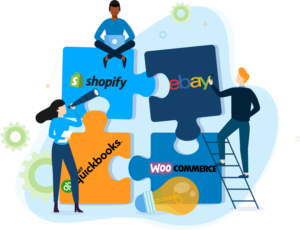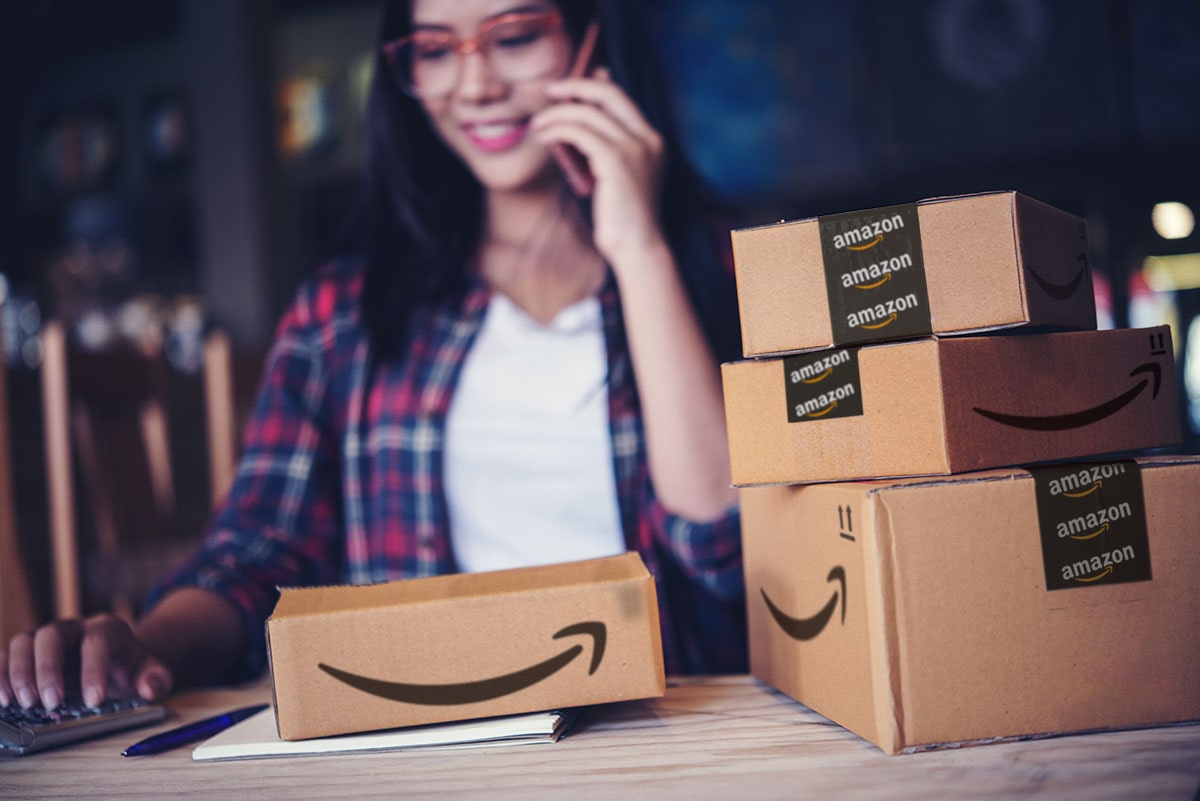
Fulfilled by Amazon (FBA) has been a valuable service for many Amazon sellers as it is a “one-stop-shop” fulfillment operations. Sellers need only manage replenishment at Amazon distribution centers.
For those sellers that relied heavily on Fulfillment by Amazon, COVID-19 has impacted their selling strategies particularly hard. Because of stay-at-home restrictions, Amazon delivery has become a vital means for people receive the supplies and food they need; however, despite hiring 100,000 additional employees, Amazon has struggled to meet demand which has in turn impacted fba ecommerce sellers.
To combat this, Amazon has re-prioritized their transportation, supply chain, logistics, and third-party sellers processes to emphasize the stocking and delivery of high priority items such has health and household items, baby products, personal care and beauty products, groceries and pet suppliers, and industrial and scientific supplies.
What this means for ecommerce operations is that are no options for replenishment, meaning only what is already in stock in the Amazon network can be sold via FBA. Once products are out of stock, sellers relying on FBA are effectively cut out of one of the world’s most powerful ecommerce marketplaces.
The impact of Amazon’s shipping restrictions has highlighted a growing need for ecommerce operations to diversify both their fulfillment capabilities and their sales channels, both to meet the challenges presented by COVID-19 and to mitigate future risk.

Looking to learn more about Amazon seller strategies for diversifying fulfillment?
Enable Basic Shipping and Channel Integration
As sellers relying upon Amazon’s FBA have learned, replying solely on a single entity for all fulfillment could put a business at risk. With an uncertain future ahead for the ecommerce marketplace, sellers should consider both converting their current out-of-stock FBA listings to Fulfillment by Merchant as well as research and utilize fulfillment solutions compliant with Amazon programs.
The meet the challenges presented by coronavirus, ecommerce sellers need fulfillment capabilities that address several areas of concern:
- Enable self-fulfillment – Retailers and online sellers who haven’t operated their order fulfillment to-date need to quickly prepare their operations through cloud-based shipping solutions that are tightly integrated with shopping platforms and marketplaces like Amazon as well as parcel carriers.
- Stabilize revenue – If online retailers are already part of Amazon’s Seller Fulfilled Prime (SFP) program, Amazon-compliant cloud-based fulfillment solutions can help to stabilize sales via this channel.
- Provide a great customer experience – Small sellers can quickly enhance their customer service with cloud-based shipping solutions. These often include out-of-the box capabilities to drive enhanced service, for example, by offering real-time order-tracking, sending automated order status emails, or providing branded tracking pages for status updates throughout the order life cycle.
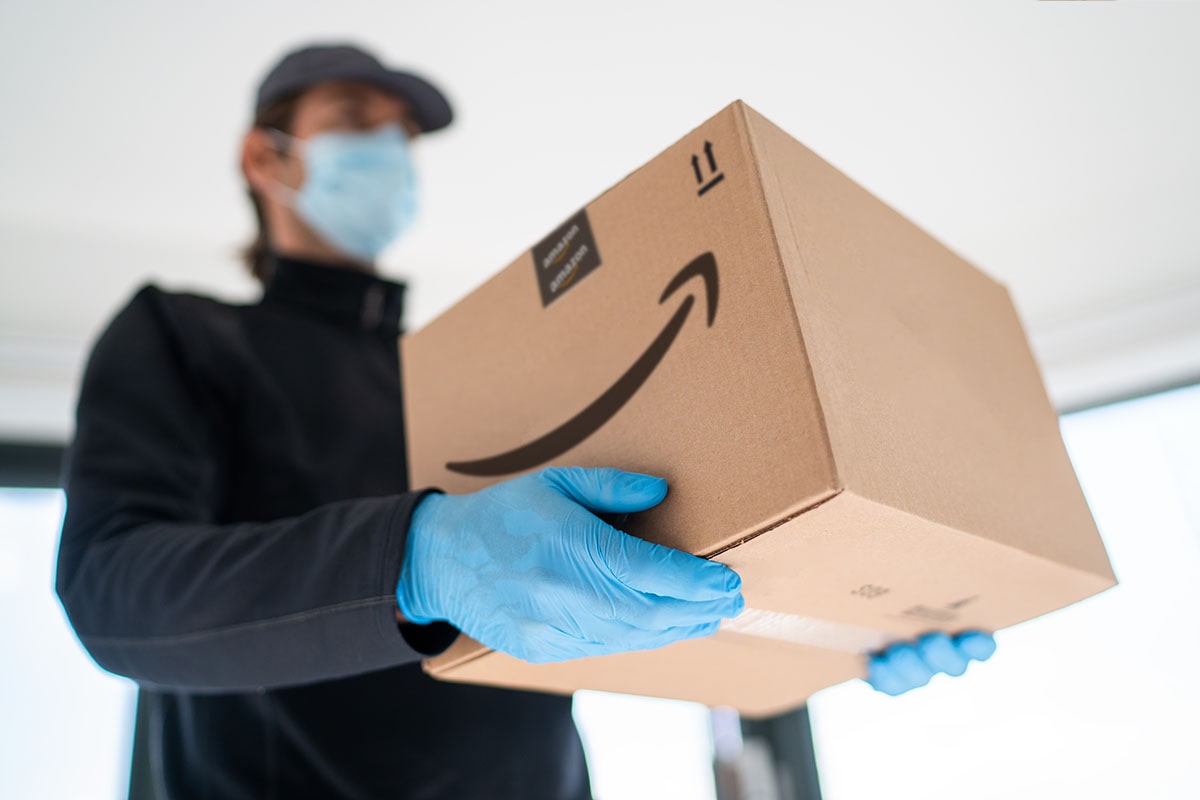
Expand Customer Reach with a Multi-Channel Approach
Reliance on Amazon as both a sole fulfillment provider and sales channel has made smaller ecommerce operations particularly susceptible to disruption.
Many ecommerce businesses, impacted by the Amazon FBA restrictions, are looking to diversify their sales channels. The options for these sellers include establishing their own ecommerce site as well as shifting to eBay, Walmart, and other ecommerce marketplaces.
Having a diversified marketplace strategy can help sellers avoid disruption, both now and in the future, as well as providing additional reach to customers that may not be interacting with Amazon. Both Walmart and eBay represent significant opportunities for ecommerce sellers.
To fully diversify their sales channels, sellers need solutions that fully integrate with every marketplace while allowing them to increase efficiency with automated rate shopping and automated fulfillment.
We’re here to help
Descartes ecommerce solutions go beyond the online transaction to provide an end-to-end-ecommerce platform for fulfillment. From sales channel connectivity to order and warehouse management to shipping, we can help your ecommerce operations meet the challenges of COVID-19 today and for the future. If you are looking to have a conversation about how Descartes can help your ecommerce business succeed in these unprecedented times, our experts are standing by.
About Descartes ShipRushTM
From ecommerce and carrier integration, to automated rules and more, Descartes ShipRush helps small-to-medium ecommerce businesses (SMBs) and omnichannel retailers ship smarter. With Descartes ShipRush in place, it’s easy to compare rates, bulk print labels, automatically email customers with branded communications, quickly locate orders and track shipments—all from an intuitive, centralized dashboard.
Get Started Now
Coronavirus (Covid-19) Impacting Your Business?
Learn more in our

